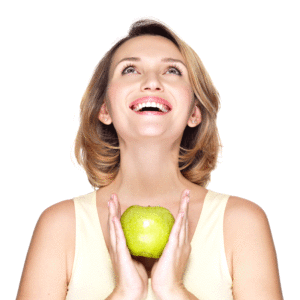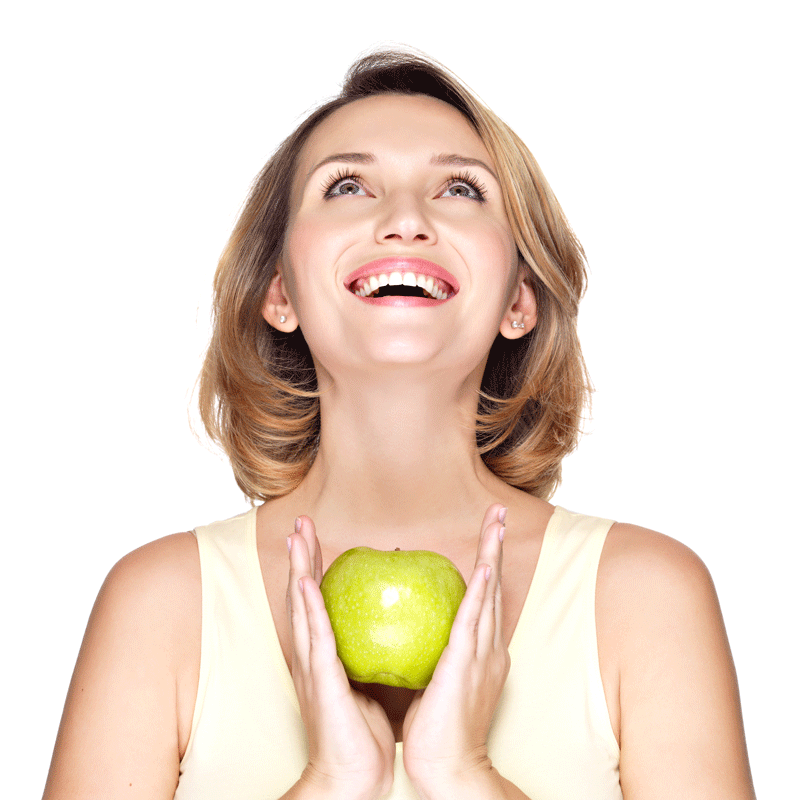Let’s face it – we are all getting older each and every day. Accepting this might actually be the first step in healthy aging – well, the alternative is not that great when you think about it. But often we resist the idea of aging – which is kind of crazy, because in resisting, we are denying the inevitable.
There are two likely reasons for this resistance of the inevitable:
1. We are taught through the media that growing old is unattractive and undesirable – but this is not necessarily the case. If you speak to a broad spectrum of people over 50, they will often tell you that the +50’s are the best years of their lives; they are no longer caring for young kids, are nearing the time when retirement is a reality and usually have a few extra dollars floating around to take some well-earned adventures. So lets drop this idea that the past-middle years are all downhill. It seems that these years should be celebrated and looked forward to rather than feared.
2. The reason we really fear getting older is probably due to a concern about loss of function in our bodies and minds and this is likely more of a reality than point #1 above for many of us as technology and medical advances allow us to live for longer, but our diets and lifestyles do not support an aging body. None of us like the idea of a declining memory or joints that are too stiff for a morning walk – these difficulties mean that we could experience a loss of enjoyment in life and this is a real issue as we age. The good news is that there is plenty we can do to stave off these seemingly inevitable consequences of aging. Let’s look at a few ways to keep our bodies and minds in shape so that we can really enjoy our autumn years to the fullest! 
1. Staying active – yep – the use it or lose it motto really does ring true here! Physical activity is not only going to maintain muscle mass and strength (which is a strong predictor of how well you age), it will also have a positive impact on skeletal health, promoting the deposition of bone tissue and also promotes the production of a brain chemical called Brain-Derived Neurotrophic factor – which helps support neural pathways in the brain and improved memory. The best types of exercise to be doing, are the ones that a) bring you great joy, b) require some co-ordination and c) provide some resistance (make your muscles stronger). Think about joining a salsa dance class or an ocean swim group – or just keep up on the golf course! It’s a good prescription for life if you ask me!
2. Keeping the mind challenged – oh look, use it or lose it is poking it’s nose in again. As with your body, you need to exercise and challenge your mind. For some this means keeping on at work, or maintaining a part-time volunteer position, for others it is engaging in trivia nights or card games, or a daily soduku or crossword puzzle. Whatever it is, if it makes you furl your brow and dig deep into your mind for the answer – then it is likely good for your memory and you should keep it as part of your daily or weekly habit.
3. Eating for healthy aging – consuming a low inflammation and high antioxidant diet will protect your body from cardiovascular, neurovascular diseases and support your bone and muscle structure too. This topic really requires a books-worth of information, but some basic tips are:
- A high antioxidant diet including blueberries, green tea, ginger, turmeric, garlic, dark chocolate (yep!), moderate red wine, broccoli – consume these foods on a daily basis to protect your cells from the oxidative processes of aging.
- Eat a mostly plant based diet – this means mostly unprocessed fruits and vegetables, smaller amounts of animal protein, regular fish consumption, legumes (beans, lentils, chickpeas), raw, unsalted nuts and seeds, unprocessed whole grains such as brown rice, quinoa and barley and good fats including olive oil, coconut oil and pumpkin seed oil.
- Support your joint with regular bone broth consumption or by supplementing with a glucosamine and chondroitin supplement.
- Look after your gut health by including fermented foods such as organic cow’s/sheep’s/goat’s milk yoghurt, coconut yoghurt, sauerkraut, kimchi, kombucha and kefir.
4. Maintaining social connection – Staying connected with your friends and within your community is widely recognised as a strong predictor of healthy aging. If you don’t have heaps of friends, join a walking group or volunteer at your local animal shelter or charity shop. Just being around other people and feeling a sense of being needed is very powerful medicine and has been shown to be one of the key ingredients to healthy aging. The amount of time you spend with animals giving them cuddles also improves your overall health and reduces the risk of heart disease.
5. Get plenty of sunshine – we are often advised to avoid the sunshine because of the damage that can occur to our skin. Whilst we do not want o burn our skin and cause damage, we do need to be careful not to take this to far in the opposite direction also and avoid the sun completely. A large study involving 30 000 Swedish women found that mortality rates for sun-avoiders was about 2 times higher than for those with the most sun exposure – that’s a huge increased risk for those who shelter from the sun. We need sunshine to make vitamin D, which is essential for calcium absorption and deposition in the skeleton, muscle strength, neurotransmitter production, immune system regulation and hormone production. We suggest getting your legs out in full sunshine when you have a cup of tea or read the paper in the morning to ensure you are getting enough.



